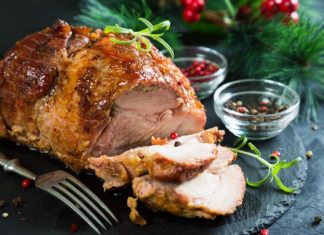FOR Hillside mother Diane, nothing will take away the sorrow of having her first-born daughter snatched away as she was taking her first breaths.
She says its was this stolen moment in 1960 that dictated the way the rest of her life unfolded.
Nurses placed a white sheet over the newborn moments after birth and whisked her out of the room. Diane, then aged 14, lay alone in the sterile hospital room. Only hours later, a nurse told her to pack her bags.
She didn’t know it then, but she wouldn’t see her daughter for more than 40 years.
Diane, who asked that we not print her surname, was one of the tens of thousands of Victorian women who last week welcomed the first official acknowledgment of suffering caused by the practice of forced adoptions. As part of an apology in State Parliament last Thursday, the government acknowledged the Victorian babies taken from their mothers without informed consent.
“We express our sincere sorrow and regret for the health and welfare policies that condoned the practice of forced separations,” the statement said. “These were misguided, unwarranted, and they caused immeasurable pain.”
More than 400 people were in the gallery to witness the moment. The apology followed a Senate committee inquiry report tabled in February that revealed forced adoptions were widespread around Australia. An estimated 150,000 babies born from the 1950s to ’70s were taken from single mothers. The inquiry found the emotional damage caused by the practice, involving the state, religious organisations and hospitals, remained significant to this day.
Diane said while the apology didn’t ease the pain in her heart, it was recognition of what happened.
“I was brought up by my grandmother in a good Catholic family,” she said. “It was never spoken about. Nobody in the family knew about it. I was dropped at a Catholic home in Carlton when I found out I was pregnant. I worked for the sisters, cleaning out the rooms and bathrooms. I never questioned what was happening to me . . . I couldn’t.”
Years passed, but Diane’s shame never faded. “I still feel judged, I can’t bring myself to talk about it.”






